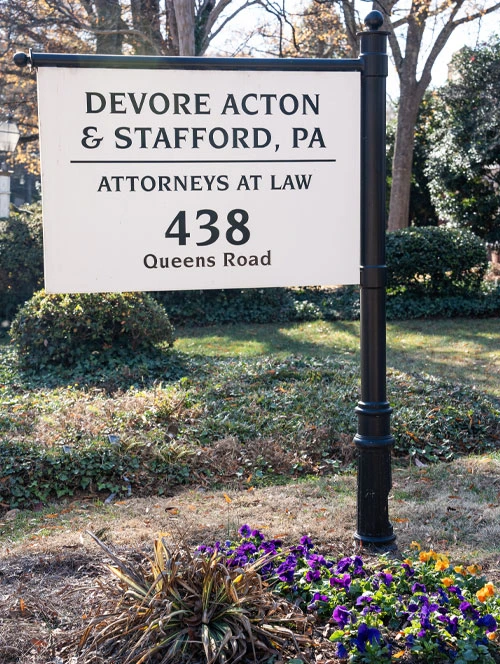Condemnation (Eminent Domain) Part II

Last time, we began to discuss the condemnation process. As we explained previously, if you and the condemnor (the entity taking your property) cannot agree on the reasonable value of the property, the condemnor will proceed with the filing of a condemnation action and will instantly become the owner of the property they are seeking. But, the condemnor has to deposit with the court the amount of their last offer, or the amount the condemnor reasonably believes is just compensation for the taking. You may have an immediate right to this money depending on your mortgage and/or any other liens attached to the property.
How to Get the Most Value for Your Property
When there is a disagreement over the value of your property being taken, there are generally two ways you can present evidence of value at trial. The first is that as owner of the property you have the absolute right to give your opinion regarding the value of the property as long as you have a legitimate basis for the opinion. In forming your opinion, you may not consider tax value, or even the amount paid by the condemnors to others for similar property proximately located near you. However, generally, the court gives leeway to property owners in an effort to let them explain or expand on why and how they formulated the fair market value of their property.
The second way to prove the value of your property is to hire a professional to place a value on the property – such as an appraiser. An appraiser will typically evaluate your property using one of three methods. First, they may look at what similar properties near you sold for on the open market. This is called the sales comparison approach.
Secondly, they may look at the value based on the income approach. This is an estimate of the value of your property based upon how much income it could produce. This is more commonly used in commercial properties.
The third approach is the cost approach. In this methodology, the appraiser determines his or her value based on the cost to rebuild any improvement on your property on a different tract of land.
An appraiser will commonly use one, two, or all three approaches in determining the final value of your property.
Of course, there may be times where your appraisal comes back at a value less than what you were offered. During the course of litigation, this low appraisal may be required to be disclosed to the condemnor. There is an exception, however, and that is if you allow your attorney to order the appraisal for you. Then it becomes part of the attorney’s work product, which is confidential and may not be disclosed to the other side unless your attorney determines it is in your best interest to do so.
In the next post, we will discuss the costs involved in a condemnation proceeding.
For a free consultation to answer your condemnation questions, contact the attorneys at DeVore, Acton & Stafford at 704-377-5242.

request your consultation
"*" indicates required fields



